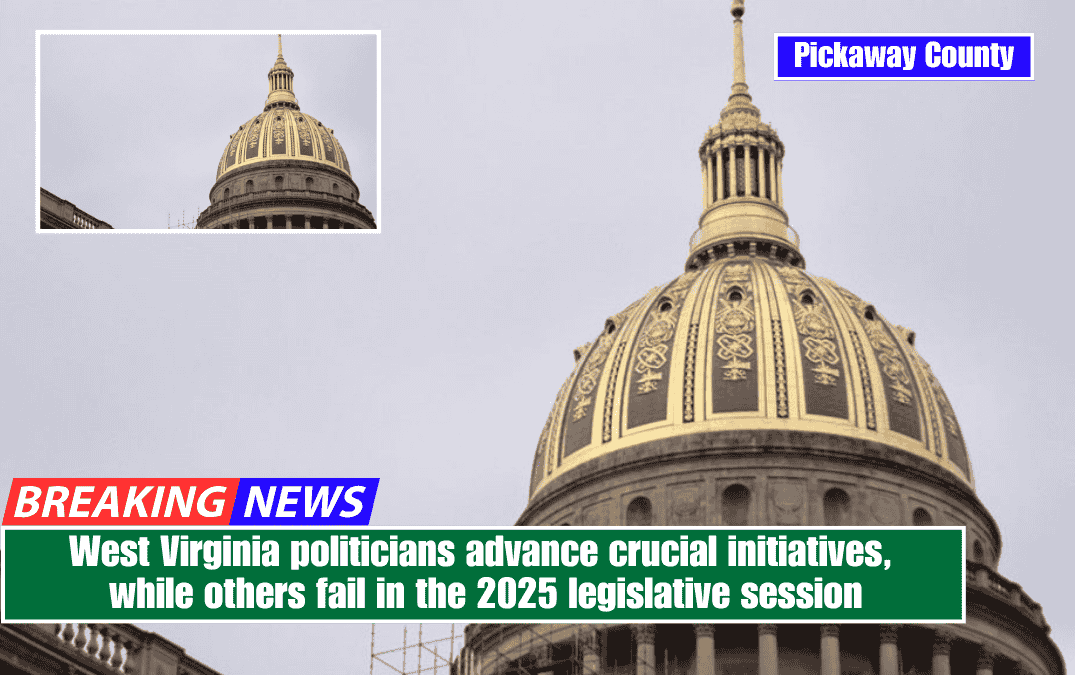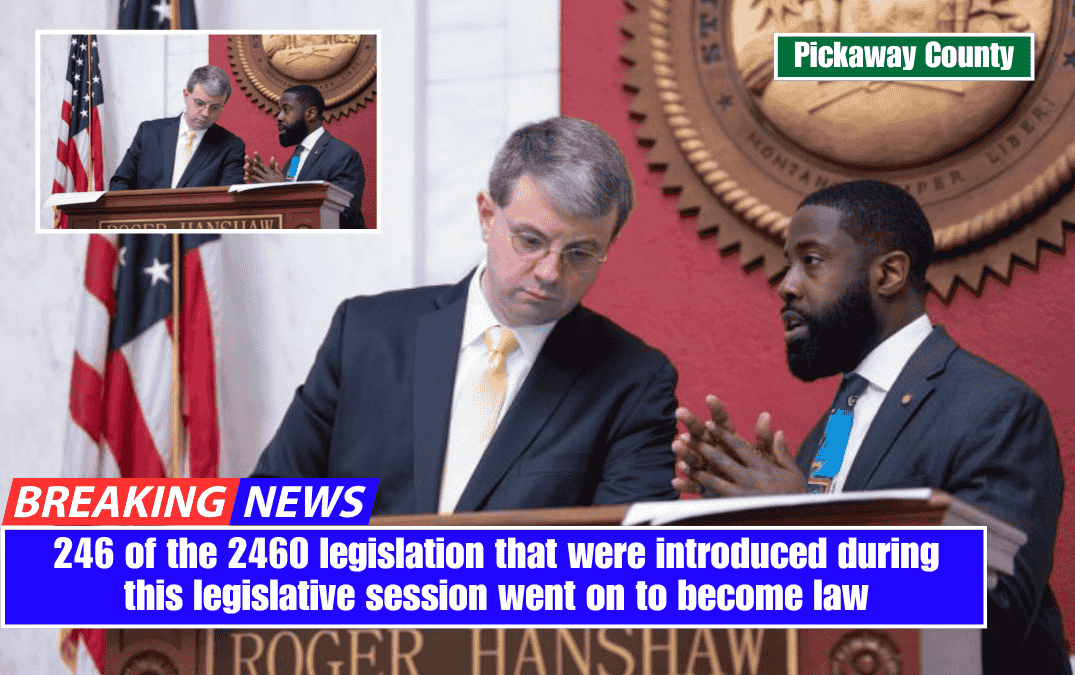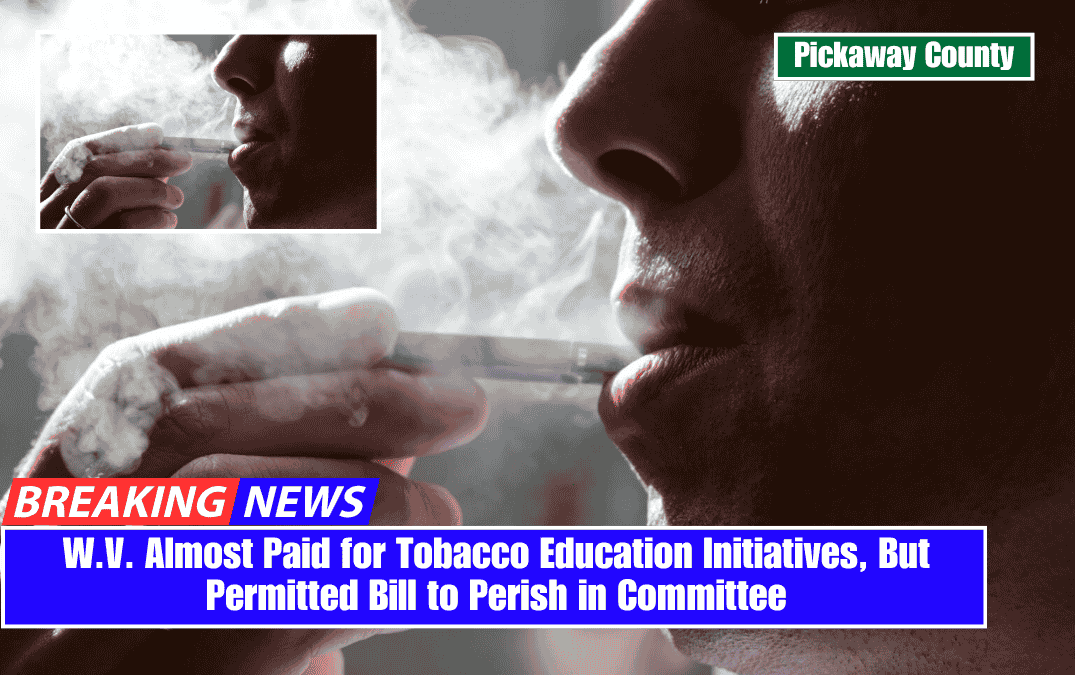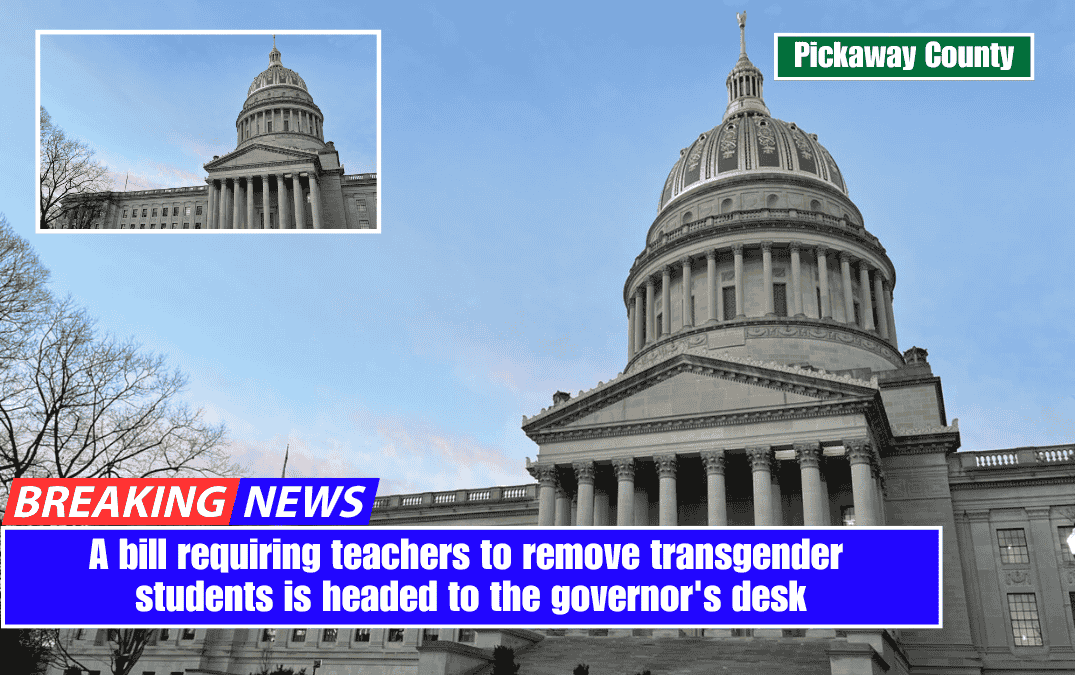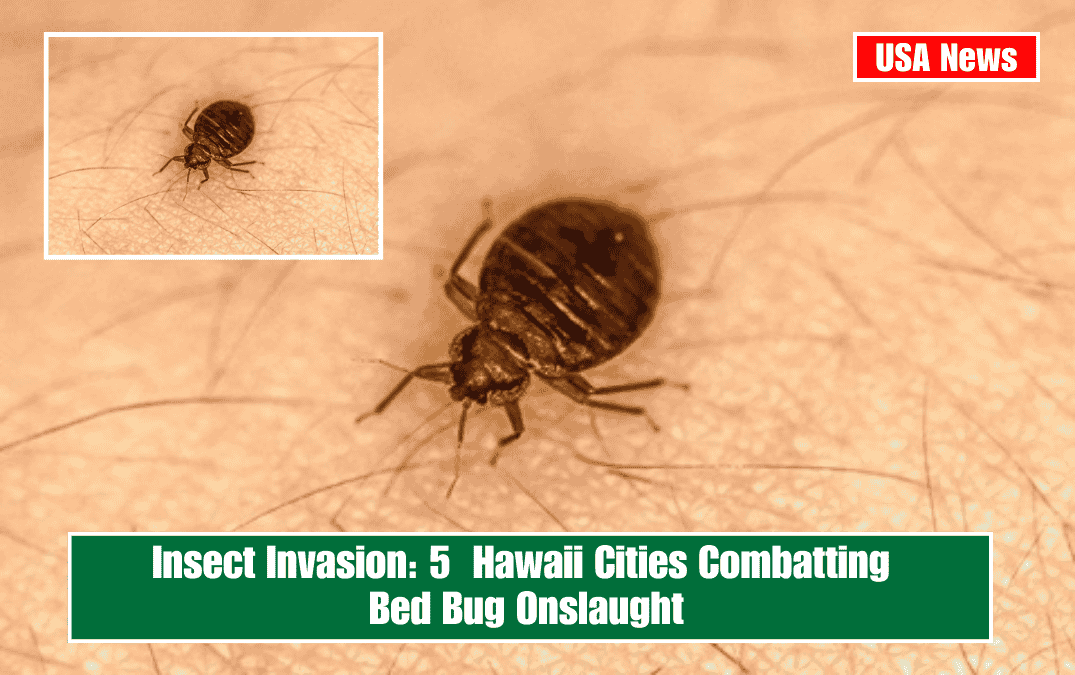CHARLESTON, WV (WCHS) — The West Virginia 2025 Legislative Session ended on Saturday, and despite what some called a “unproductive” session, lawmakers passed several notable bills that will now go before Gov. Patrick Morrisey’s desk to become law.
One of the most notable was House Bill 2026, which created the state’s general revenue budget for fiscal year 2026. The bill approved a $5.3 billion budget, which included more than $200 million in supplemental funding for agencies such as the Division of Highways and the Economic Development Project Fund, as well as additional funding for the Personal Income Tax Reserve.
HB 2014, also known as the microgrid bill, was also passed. It establishes a microgrid program to attract data centers to West Virginia in exchange for in-state power sources through coal and natural gas reinvestment.
The microgrid bill also aims to generate funds for economic development and lower income taxes, a goal that has been pursued since the administration of former governor, now Sen. Jim Justice.
Senate Bill 456, also known as the Riley Gaines Act, was passed, which legally fines terms related to sex and gender, such as “male” and “female,” in state code. The legislation has been criticized for targeting minority groups, such as transgender and non-binary citizens.
The legislation, named after the activist and former NCAA swimmer who tied for fifth place with a transgender swimmer in the 200-yard freestyle championship, establishes legal single-sex areas such as locker rooms and restrooms.
Similarly, SB 299 severely limits access to gender affirming care for people under the age of 18 years old. These restrictions forbid gender transitioning as well as regulations on hormone therapy, such as those using estrogen or testosterone.
A heated debate erupted on the House floor over the potentially life-saving care provided by medical practices and the dangers of abruptly discontinuing hormone therapy.
SB 474 passed the House on Saturday night, eliminating diversity, equity, and inclusion programs across the state. The bill comes after President Donald Trump began his second term by targeting and cutting such programs at the federal level.
Many members of the Republican Party have criticized the programs, which aim to ensure equal access to people of all backgrounds and abilities, claiming that they prioritize diversity over qualifications.
Furthermore, SB 461 establishes the One Stop Shop Permitting Program, which allows those to obtain or renew business permits via a Permitting Dashboard, and the Universal Professional and Occupational Licensing Act, or SB 468, allows professionals to be licensed and certified without the need for additional examinations.
The legislature also passed HB 2003, which aims to limit the use of cell phones in schools in order to reduce distractions during instruction and improve student well-being.
Following the session, Gov. Morrisey issued a statement thanking the state lawmakers for their efforts.
“When I took office just three months ago, I promised to address West Virginia’s challenges head on, bringing the type of change that moves the needle and invigorates our state,” according to Governor Morrisey.
“I’m grateful to our legislators in the House and Senate for passing legislation that strengthens our economy, streamlines government, and promotes common sense. With more significant changes to our state yet to come, West Virginia has only just begun to recover!”
Despite the passage of several key pieces of legislation, notable exemptions included SB 585, also known as the Cohen Craddock Safety Act, which would have required additional protection for student athletes, and the contentious SB 460, which would have allowed for religious exemptions to vaccinations.
